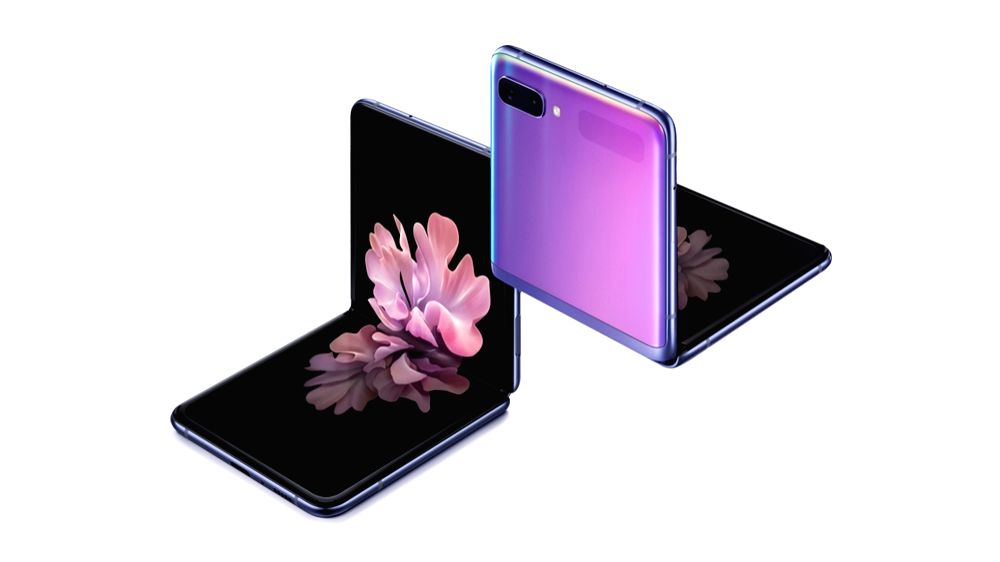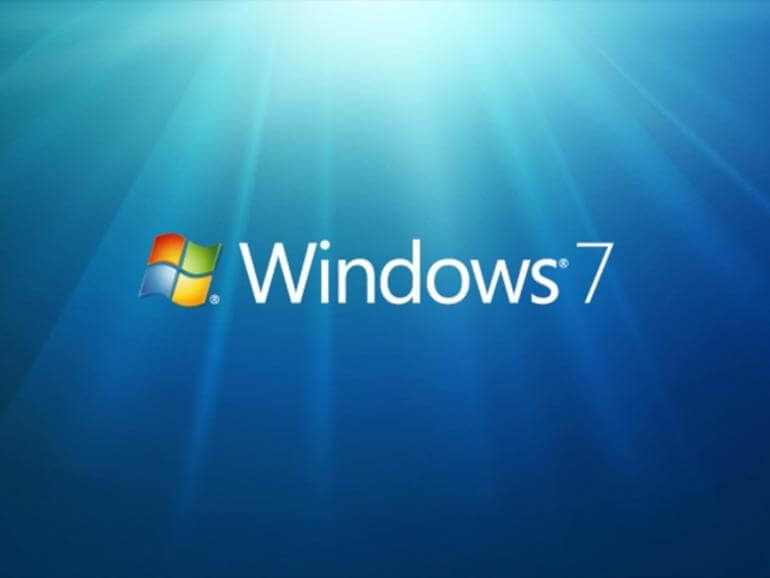
by Pritti Bhabra | 21 Feb, 2020 | Technology News
MGM confirmed this week that the hack took place last summer. The data exposed included names, addresses, and passport numbers for former guests. MGM said it was confident that no financial information had been exposed. They could not confirm exactly how many people had been impacted because information that was exposed might be duplicated. MGM said that most of the data that was stolen was already publicly available, such as names, telephone numbers, and email addresses. However, 1,300 former guests were notified that more sensitive information including passport numbers had been revealed. A further 52,000 customers were told that less sensitive personal information was exposed. MGM said its notification to customers followed state laws. Most US states do not require companies to tell customers if data which is already public has been exposed during a hack.
This is not the largest hacking of hotel guest information. In 2017, Marriott Hotels experienced a much larger data breach exposing 500 million guests. That attack was linked to Chinese state-sponsored hackers.
www.bbc.co.uk/technews (20th February)

by Pritti Bhabra | 18 Feb, 2020 | Technology News
The Galaxy Z Flip and the Motorola Razr are now both available to buy in America, but early reports suggest that the screens are easily damaged. The Galaxy Z Flip boasts a ‘flexible glass’ display – but tests appear to show it scratching as easily as plastic. In a statement Samsung said that the display had a protective layer, and had undergone extensive testing. The Z Flip’s ‘ultra thin glass’ is one of Samsung’s primary marketing messages for the new phone.
However, a durability test conducted by YouTuber Zack Nelson suggested it was no more durable than a soft plastic screen – and could be dented by a fingernail. Nelson has more than five million subscribers top his YouTube channel where he regularly tests new tech. ‘I don’t know what material this is, but Samsung definitely shouldn’t be calling it glass,’ he said. He found that the screen of the Motorola Razr scratched as easily but it is not marketed as ‘glass’.
Ben Wood, analyst with CCS Insight, said the new technology of foldable displays was on a voyage of discovery. He highlighted the success of Samsung’s first foldable, the Galaxy Fold, despite a rocky launch – and said that lessons had been learned from its predecessor. ‘Samsung appears to have made tremendous progress with the Galaxy Z Flip in terms of hinge design, screen protection and the overall engineering of the device,’ he said.
The Motorola Razr has received mixed reviews from the media – many of which prefer the Samsung product. Raymond Wong, Input’s reviews editor, said the upper layer of the Razr’s screen separated from the bottom, creating “a giant horizontal air bubble” for no apparent reason. Motorola had warned about screen lumps and bumps – and said they were normal. Mr Wood said Motorola was facing the same challenges as other companies making their first foldable phone. “No matter how much testing you do, it’s impossible to replicate all real-work usage scenarios when a device is being used by thousands of consumers on a daily basis,” he said. “Despite the early teething problems with devices using flexible displays, I remain convinced that this technology is going to re-shape the consumer electronics business.”
www.bbc.co.uk/technews (17th February)

by Pritti Bhabra | 18 Feb, 2020 | General News, Technology News
Apple has warned that the disruption in Chine due to the coronavirus will mean that worldwide supplies of the iPhone will be affected. Apple are the first major US company to say that the epidemic will hit its finances. With most stores in China either closed or operating at reduced hours, sales of Apple products would be lower, the company said. Apple said that while the iPhone manufacturing partner sites were located outside the Hubei province – and while all of these facilities have reopened – they were ramping up more slowly than had been anticipated.
Analysts have estimated that the virus may slash demand for smartphones by half in the first quarter in China, which is the world’s biggest market for the devices.
“While we have discussed a negative iPhone impact from the coronavirus over the past few weeks, the magnitude of this impact to miss its revenue guidance midway through February is clearly worse than feared,” said Daniel Ives, Wedbush analyst.
But despite hopes that factories and shops are slowing getting back to normal, Apple’s warning will underline that China’s economy will be seriously affected by the coronavirus.
The head of the International Monetary Fund, Kristalina Georgieva, has said there could be a cut of about 0.1-0.2 percentage points to global growth, but stressed there was much uncertainty about the virus’s economic impact.
www.bbc.co.uk/technews (18th February)

by Pritti Bhabra | 4 Feb, 2020 | Technology News
If you need a splash of colour to brighten your office in 2020, why not invest in some artwork for the office? There are some great print offers on this month. Call us for a chat about how we can bring some brightness and creativity to your world.
There is 30% off Logo floor mats and graphics – why not impress your clients with a customized door mat?
Postcards are on offer too – with a 20% discount – great for pretty designs to send out as advertisements, or to use as invitations for upcoming events. With a great feel and a matt or gloss finish, clients will be impressed for sure.
There is also money to be saved on fabric curved backdrops along with tables and literature stands – essential for exhibitions. Get a full set and save money and time in setting up your displays at events. Using these fabrics to advertise your business are a wonderful way of standing out from the crowd.
Call us on 024 7699 5930 for free advice on the best deal for you. We can also send out further information on all our products on request.

by Pritti Bhabra | 4 Feb, 2020 | Technology News
According to a report by media regulator, Ofcom, fifty per cent of the 10 year olds in the UK own a smartphone. The 2019 study was based on more than 3,200 interviews with children and parents around the UK.
Strategy and research group director, Yih-Choung Tey voiced concerns over the fact that there are now children who have never known a world without the internet, and for whom ‘their online and offline worlds are indistinguishable’. The report also found that more older children were using social media to express their support for social causes and organisations, with 18% having shared or commented on a post, and one in ten having signed an online petition.
Other key findings for 2019 included –
- 48% of girls aged 5-15 played online games, compared with 71% of boys. Boys spent twice as long playing, clocking up 14.5 hours per week, compared with 7.5 for girls
- Snapchat and Facebook remained the most popular social media platforms of older children, but 62% were also using WhatsApp
- 99% of children aged 5-15 used a TV set, 27% used a smart speaker and 22% used a radio
Ofcom also interviewed parents about their concerns. It found that 45% of parents thought the benefits of children using the internet outweighed the risks, but there was an overall increase in parental concern about young people seeing content that might lead them to self-harm with around 87% of parents seeking advice on how to keep their children safe online.
Following the report, children’s charity the NSPCC called for independent regulators to force social media platforms to protect their users from viewing harmful material.
“While it’s encouraging that parents are talking to their children about their media use, we must look to tech giants to protect their users and ensure they are a force for good not bad,” said Andy Burrows, head of child safety online policy.
www.bbc.co.uk/technews (4th February)

by Pritti Bhabra | 14 Jan, 2020 | Technology News
Microsoft is going to stop supporting WIndows 7 so that it can focus on newer technologies. As a result, Windows 7 users will no longer receive the all-important security updates and patches that keep their machines safe.
Cyber-security experts are urging Windows 7 users to upgrade their operating systems as without continued software and security updates, the machines are more likely to be infected with viruses and malware. Computers running Windows 7 will still function but will become less and less secure. It is possible to install Windows 10 on old PCs but Microsoft warns that it may not run smoothly. In order to run Windows 10, PCs must have a 1GHz processor, 16GB of hard drive space, and 1GB of RAM memory. Windows 7 users do not need to upgrade if they use their PC offline.
UK authorities have warned Windows 7 users not to do internet banking or send emails after Tuesday. The warning was issued by the National Cyber Security Centre, which is part of Britain’s intelligence agency GCHQ. They urge people using the software to replace unsupported devices as soon as possible, to move sensitive data to a supported device and not to use them for tasks like accessing bank and other sensitive accounts. They even recommend accessing email from a different device.
Businesses can pay Microsoft if they want to continue getting updates for Windows 7 Professional or Windows 7 Enterprise. The Windows 7 Extended Security Updates will be available until 2023 for businesses of all sizes.
www.bbc.co.uk/technews (13th Jan 20)
Should you have any queries about Windows 7, please call us at ADECS-Maple for a chat on 024 7699 5930 for free and friendly advice






